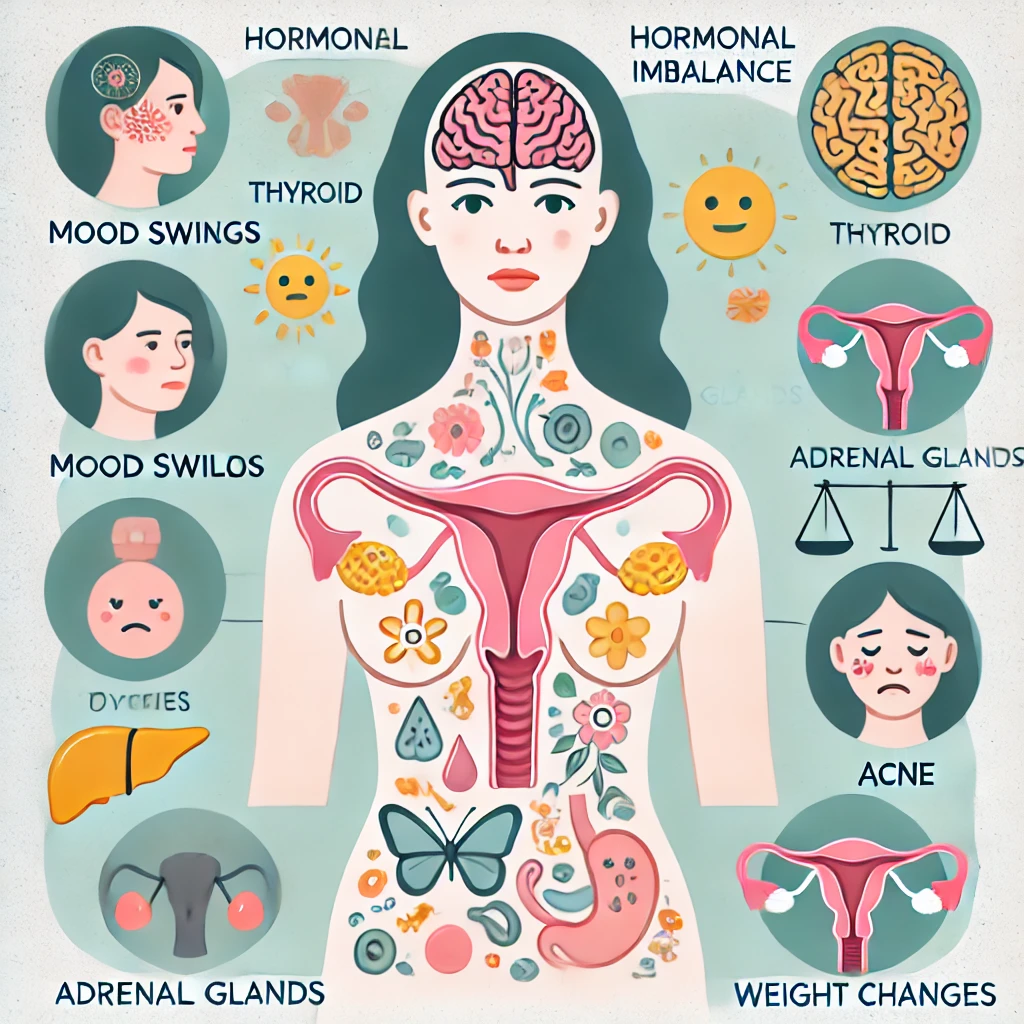- KNOWLEDGE BASE
- WELLNESS
- Detox
- Performance
- Improve Sports Fitness
- Performance Medicine
- Athlete’s Foot Healing Stages
- Best Mental Performance Skills Every Athlete Must Master For Peak Performance
- Safety Practices And Sports Injury Management
- What is Neuroplasticity
- Peak Performance
- Sports Performance
- What is Sports Medicine
- What is Peak Brain Performance
- Improve Performance
- Luxury Fitness Retreat
- Mental Training For Athletes
- Athlete Performance
- Longevity
- Weight
- The Ultimate Guide to the Mediterranean Diet
- The Ultimate Protein Diet Guide: Effective Plans and Meal Ideas for Weight Loss
- Kelly Clarkson’s Weight Loss Journey: A Transformative Path to Wellness
- Rebel Wilson’s Weight Loss Journey: An Inspiring Exploration
- How To Practice Mindful Eating
- Residential Weight Loss Programs
- Extreme Weight Loss Celebrities
- Fat Reduction Injections
- Is The Keto Diet Good For Mental Health?
- Is Intermittent Fasting Bad For Your Heart
- Optimal Weight Loss Program
- Stages Of Fasting
- What Is Spiritual Fasting
- Intermittent Fasting Rules
- Keto Fasting Plan
- Intermittent Fasting Benefits
- Fasting Retreats
- Benefits Of Fasting
- Luxury Weight Loss Retreat
- Other
- The Ultimate Guide to the Mediterranean Diet
- The Ultimate Protein Diet Guide: Effective Plans and Meal Ideas for Weight Loss
- Kelly Clarkson’s Weight Loss Journey: A Transformative Path to Wellness
- Rebel Wilson’s Weight Loss Journey: An Inspiring Exploration
- How To Practice Mindful Eating
- Sunflowers: The Healing Sun
- Building a House: The Gut-Brain Connection
- Wellness Retreat
- Benefits of Healing Retreats
- Improve Sports Fitness
- Residential Weight Loss Programs
- Extreme Weight Loss Celebrities
- Personal Development Plan
- Self-Care Ideas
- Best Supplements For Skin Anti-Aging
- Fat Reduction Injections
- Is The Keto Diet Good For Mental Health?
- Is Intermittent Fasting Bad For Your Heart
- Stress Management
- Leadership Burnout
- Symptoms Of Stress
- Stress And Mental Health
- Acute Stress Disorder
- Optimal Weight Loss Program
- Self-Care For Men
- Wellness Marbella
- Spain Spa
- Spa Resort
- Silent Retreat
- What Is Mindfulness
- How To Practice Mindfulness
- How To Find Yourself
- What Is Self-Care
- How Long To Fast For Autophagy
- Watsu Massage
- Stages Of Fasting
- Body Rejuvenation
- Holistic Massage
- Performance Medicine
- Swedish Massage
- Zeolite Detox
- Relaxation Massage
- Broadband Light Therapy
- Ozone Therapy
- PressoTherapy
- What Is Spiritual Fasting
- Somatic Healing
- Athlete’s Foot Healing Stages
- Healing Massage
- Intermittent Fasting Rules
- Keto Fasting Plan
- Liver Detox Foods
- Dopamine Fasting
- Europe Retreats
- How To Detox Your Brain
- Best Mental Performance Skills Every Athlete Must Master For Peak Performance
- Intermittent Fasting Benefits
- How To Know If Detox Is Working
- Fasting Retreats
- Safety Practices And Sports Injury Management
- Benefits Of Fasting
- Best Detox Cleanse
- How To Detox Your Body
- What is Neuroplasticity
- Peak Performance
- Sports Performance
- What is Sports Medicine
- What is Peak Brain Performance
- Improve Performance
- Luxury Fitness Retreat
- Difference Between Mental Health And Wellbeing
- 5 Ways To Wellbeing
- Couple Massage Spa
- How To Improve Balance
- Mental Training For Athletes
- Athlete Performance
- Luxury Weight Loss Retreat
- Luxury Massage
- Luxury Meditation Retreat
- Detox Retreats UK
- Executive Retreat
- Couples Retreat UK
- What is Health Spa
- Luxury Yoga Retreat
- What is Social Wellness
- Types Of Wellness
- Why Is Wellness Important
- 6 Dimensions Of Wellness
- What Is Holistic Wellness
- Holistic Wellness
- WELLNESS
- MEDICAL
- Women & Men Health
- Understanding Hormonal Imbalance in Women
- Low Sex Drive
- Premature Ejaculation
- Sexual Frustration Symptoms
- Hypersexual Disorder
- Menopause And Mental Health
- Birth Control and Anxiety
- Menopause And Affairs
- Menopause And Fatigue
- Anxiety During Pregnancy – Is it Normal?
- Does Menopause Make You Depressed?
- Calming the Chaos: How to Keep Anxiety During Period Under Control
- Is Bleeding After Menopause Always Cancer?
- Nutrition and Menopause: Eating Toward a Healthier Life
- The Beginning of Maturity: Menopause
- Other
- Understanding Hormonal Imbalance in Women
- Fibromyalgia Treatments
- Tinnitus Treatment
- Alzheimer’s Disease Treatment
- Dementia Treatment
- Chronic Pain Treatment
- Adrenal Fatigue Treatment
- Somatic Symptom Disorder Treatment
- Physical Rehabilitation
- Low Sex Drive
- Premature Ejaculation
- Sexual Frustration Symptoms
- Hypersexual Disorder
- Physical and Mental Weakness and the Adrenal Gland
- Fibromyalgia
- Menopause And Mental Health
- Adrenal Fatigue Symptoms In Females
- Birth Control and Anxiety
- Menopause And Affairs
- Adrenal Fatigue And Anxiety
- Menopause And Fatigue
- Anxiety During Pregnancy – Is it Normal?
- Does Menopause Make You Depressed?
- Calming the Chaos: How to Keep Anxiety During Period Under Control
- Is Bleeding After Menopause Always Cancer?
- Nutrition and Menopause: Eating Toward a Healthier Life
- The Beginning of Maturity: Menopause
- What is Integrative Medicine
- What is Holistic Health
- Holistic Medicine
- Integrative Vs Functional Medicine
- Functional Medicine
- Holistic Nutrition
- Medical Spa
- Irritable Bowel Syndrome Treatment
- Women & Men Health
- MEDICAL

SWISS MEDICAL EXPERTISE: ZURICH, MALLORCA, LONDON, MARBELLA, OFFSHORE








